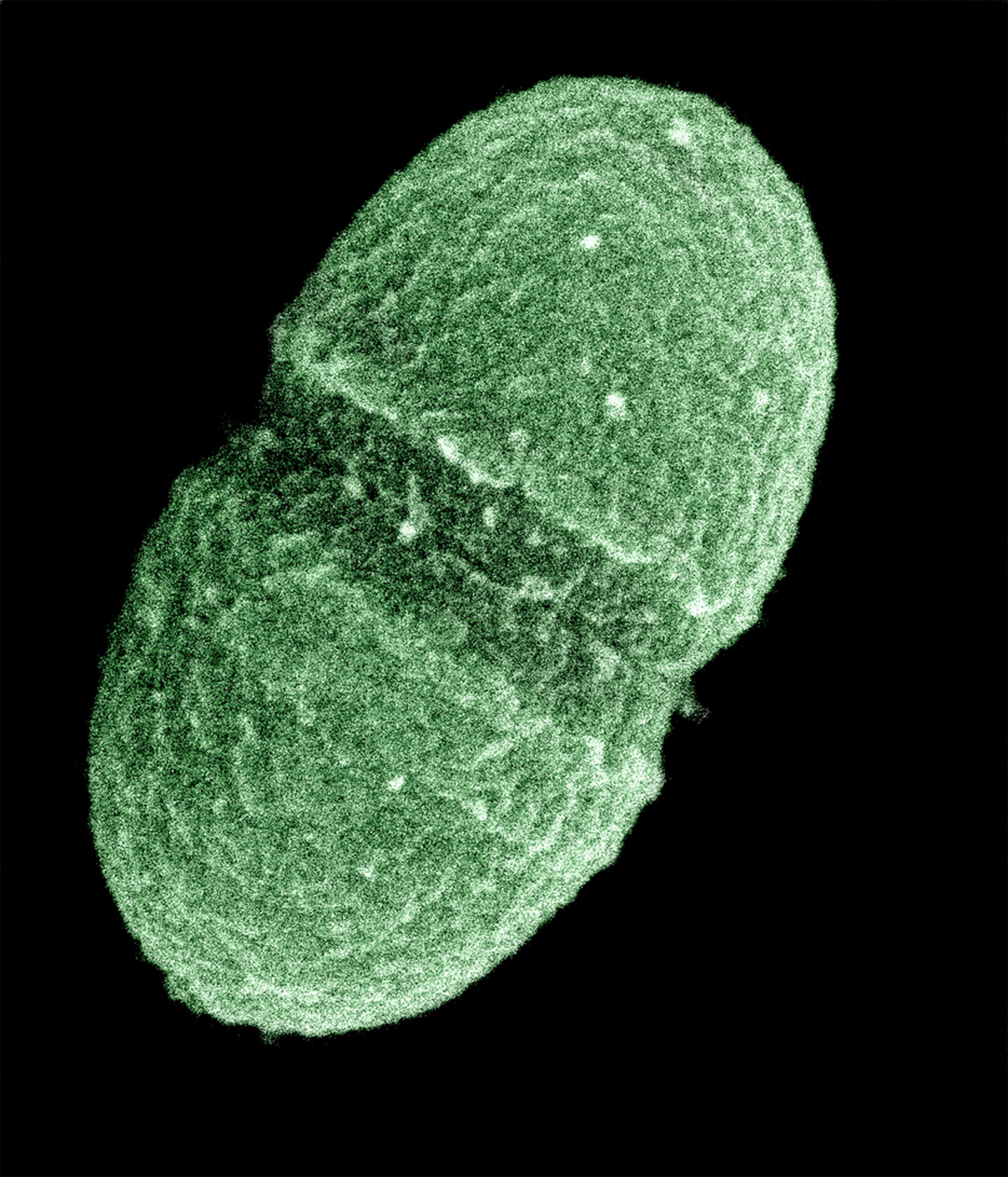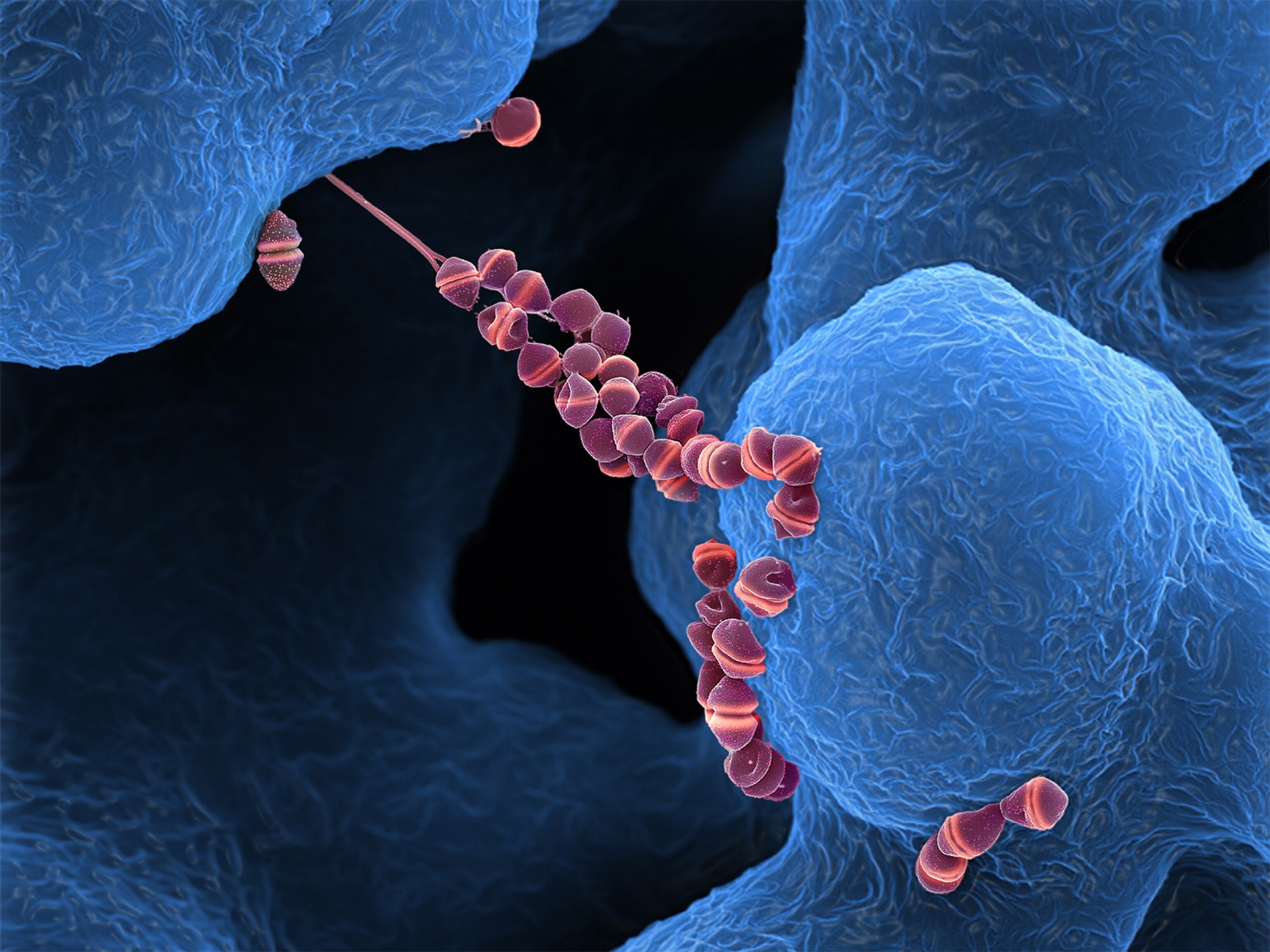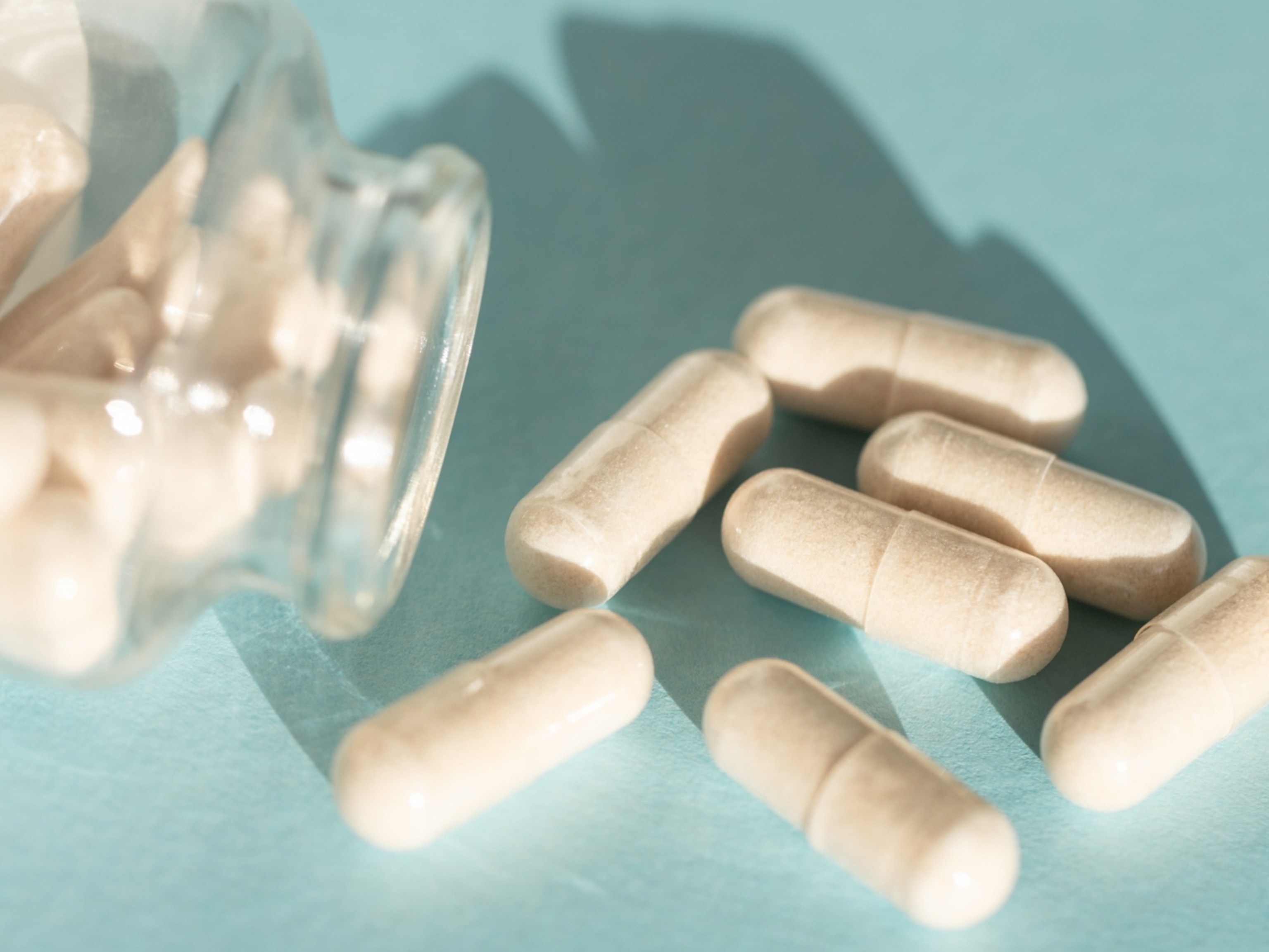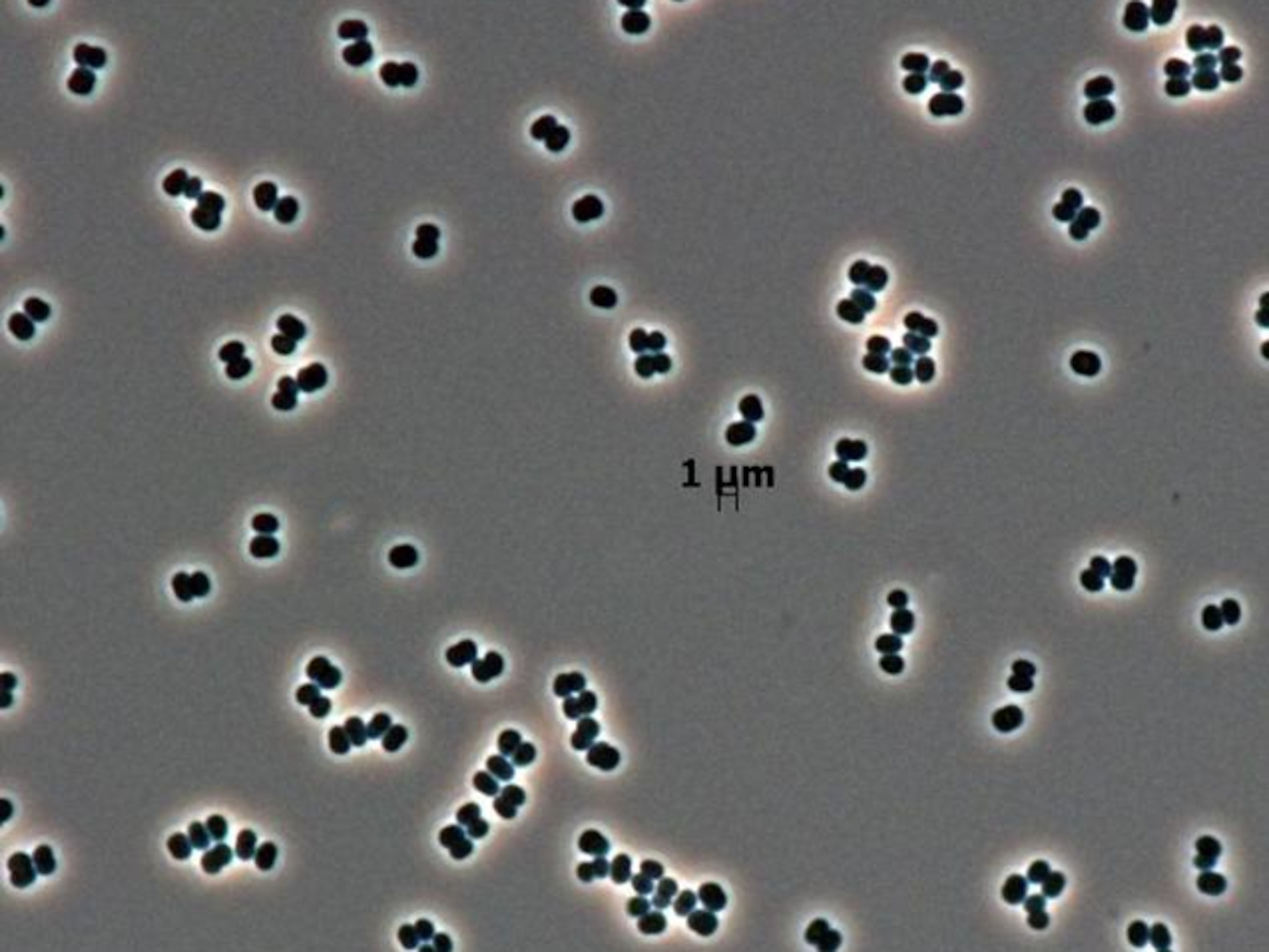
Q&A: Scientist Studied His Poop for a Year to Learn About Gut Bugs
Gut microbes may be key to human health, but tracking them proves a tough task.
Where would we be without our gut bugs? These bacteria help us do everything from digesting food to recovering from disease, but scientists are still learning exactly what gut bugs do, and even how to study them.
In the latest report from this inner frontier of science, Lawrence David, formerly a graduate student at the Massachusetts Institute of Technology, and his adviser, Eric Alm, tracked their own bodily functions—which largely meant studying their poop and pee—to see what might alter the colonies of bacteria that live in their guts. (Related: "Why Has This Really Common Virus Only Just Been Discovered?")
They used cutting-edge DNA analysis and also perhaps the oldest health metric ever used by humans, studying their own feces. The results of their 2009-2010 adventure are published Thursday in the journal Genome Biology.
National Geographic talked to David, now an assistant professor at Duke University in Durham, North Carolina, about the experience and what he learned.
For the most part, were gut bugs pretty stable across time?
The most abundant species you would see for days, weeks, months. We couldn't find very many lifestyle variables that would cause a new species to show up or disappear.

You write in the study that the biggest change you saw was from an accidental food poisoning.
In about a week, about half the [bacterial] species that had been very abundant became much, much, much less abundant. Many of them dropped to at or below our detection limit.
You also saw some quick changes in gut bugs from eating fiber. Were you intentionally eating fiber to see what would happen?
The subjects were instructed not to alter their diets. The power of our study was that we weren't telling people, "You have to eat fiber bars for this one week and then we're going to analyze it." We said, "Just live your life the way you normally would and we'll see what we can learn."
Wait a minute. You refer to the people in your study as "the subjects," but weren't they really you and your adviser, Eric Alm?
As scientists, we were trying to be as impartial as possible in how we analyze our data and interpret it. In many ways it was a pilot study. We were trying to figure out what kind of host actions could be tracked and what was feasible to look at in people over time. In a pilot study, we didn't want people doing things that we ourselves wouldn't really be comfortable doing.
Are there metrics that will be too difficult to ask future subjects?
Now I know that tracking things like urination [is too onerous]. Compliance would probably be abysmal.

What other activities change our gut bugs?
One of the links we picked out was that a bacteria that causes cavities—Streptococcus mutans—actually went down in abundance after one of the subjects flossed.
Did seeing that change your own behavior?
This was a lot better than my dentist telling me to floss, in terms of providing good evidence for why one might want to practice good oral hygiene.
Do you still track yourself?
We tracked for one year and then very much stopped it. It was a lot of work. You could invest about an hour a day writing down everything you ate, logging it, taking notes about your health: blood pressure, weight, things like that. Going forward, if people are interested in these types of things, it has to become a lot more convenient.
What do you think your study ultimately accomplished?
I think you can think of this study as the first road map, as "here are some of the first knobs you can turn." The floss thing would have an effect on one type of bacteria. You could dial up or down fiber and it would affect another group of bacteria. That kind of question about what are the rules and the tools available for altering the bacterial community inside of a normal healthy adult are what drive a lot of the questions now in our lab.
Do other people change our gut bugs? When we move in with someone, does that change our gut bugs?
There seems to be more similarity within families than between them. The question is why?
Are we attracted to people who have the same gut bugs?
Apparently, gut bacteria play a role in mating in flies. I've yet to see a similar study in humans. I don't think it's outside the realm of possibility.
This interview has been edited and condensed.
Follow Karen Weintraub on Twitter.




